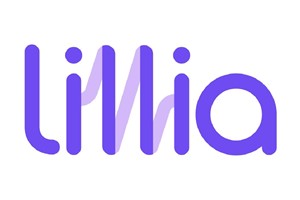South Africa’s National Health Insurance (NHI) bill has passed the first hurdle towards becoming law, getting the country closer to its vision of achieving universal access to healthcare.
Section 27 of the country’s constitution states that everyone has the right to access to healthcare. The NHI bill, which has been passed by the national assembly, is the manifestation of this provision.
Universal access to healthcare and the NHI are related. But they are not the same thing.
Universal access to healthcare is an ideal which supposes that everyone should have the same access to healthcare. The NHI bill is a tool to achieve universal health coverage. It aims to ensure that all South Africans have access to quality healthcare services. The bill also aims to provide for the establishment of a fund which will be used to pay for almost all medical treatments from accredited providers.
But this bill has been contentious from inception. There have been multiple court challenges, with more to come, and numerous different voices have been raised against it.
The aim of the NHI is a good and noble one. But the bill is bad law because it fails to provide reasonable certainty. Several court rulings have flagged this. The bill will have massive consequences, so it should be rejected and not enacted in its current form.
The vision
South Africa has a two-tier healthcare system. Those who have the financial resources, or medical insurance, use private healthcare practitioners and facilities. Those who do not have these resources use public practitioners and the facilities provided and paid for by the state.
The current healthcare system has not sufficiently catered for good quality healthcare for all. This system has precluded the poor or those without medical aid from using a large number of health professionals, services and facilities. The NHI will establish a single pool of healthcare funding for private and public providers. It will pay both these providers on exactly the same basis and expect the same standard of care from them.
For South Africans without medical aid (health insurance) or in lower income groups, the NHI will offer more equitable access to healthcare services. It will allow them to consult private practitioners and to attend private facilities. The NHI also purports to improve the resourcing of public hospitals and healthcare services as the burden of care will be more evenly distributed.
For South Africans who do have medical aid, the NHI may be a shock to the system. Those who are accustomed to private care may have to settle for lower standards while still paying a similar or higher fee. South Africans within a certain income bracket will have to make mandatory monthly payments towards healthcare in addition to carrying a higher tax burden.
By Jo Adetunji










